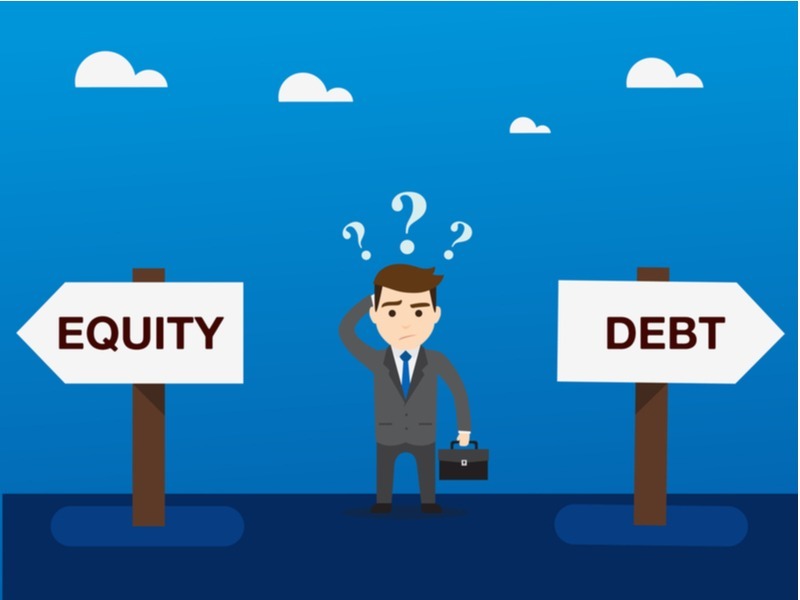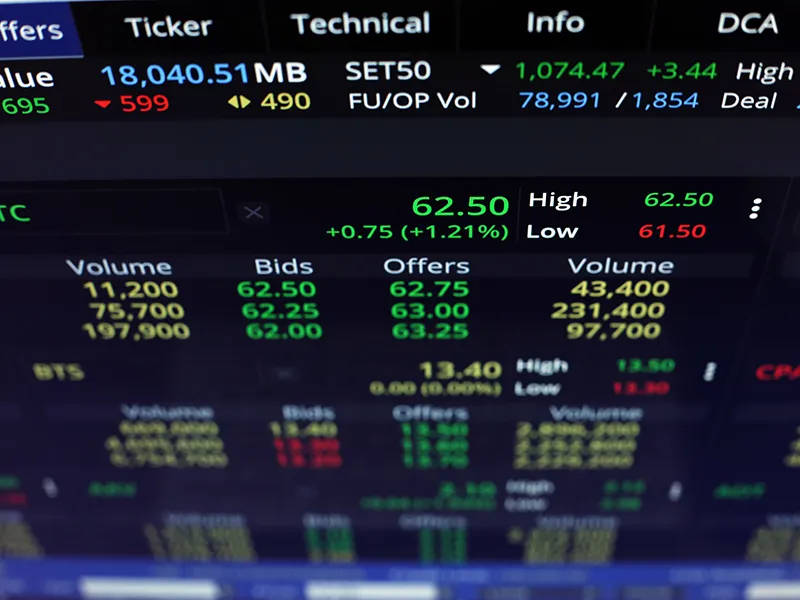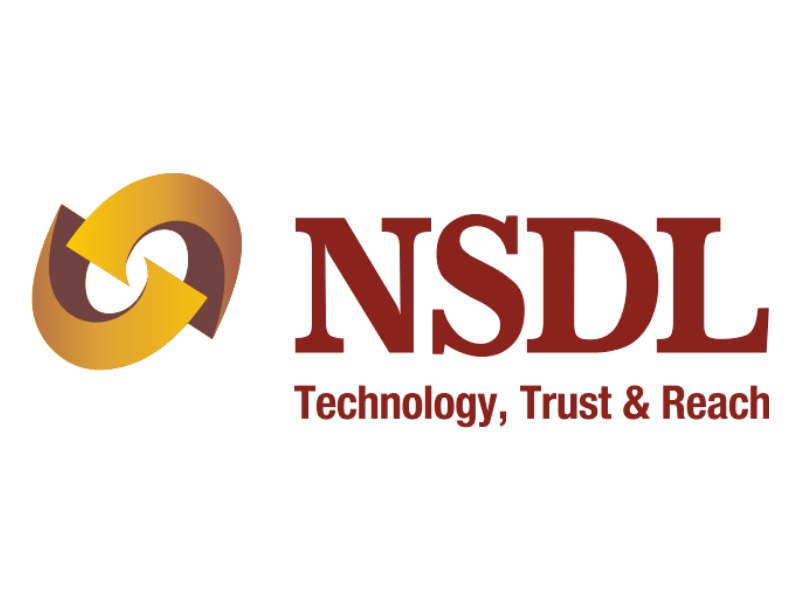
Investment for any person is essentially divided into investment in equity or equity-related instruments, debt and debt-related instruments as well as in securities that are a combination of the two. To understand the various investment products, it is important to understand the basic meaning of the terms equity market and the debt market as well as the differences between the two. Given below are the details of the same.
What is the equity market?
The equity markets compromise investment in the shares of a company. These shares can be subscribed through the IPO or through the open markets. It is important to understand that the investment in equities is considered to be a high-risk high-return scenario. The returns in the equity markets are in the form of dividends as well as capital gains which can be short-term or long-term depending on their period of holding.
Investment in equities requires a thorough market understanding and analysis of various factors like demand and supply of the shares, market capitalization and position of the company in the industry or the sector, financial as well technical analysis of the stocks, etc. Equity markets can be quite volatile but are also known to provide good returns in the long term.
The key players in the equity markets are the trader, brokers, retail and institutional investors. The various trades in the equity markets include intraday trading, Buy Today Sell Tomorrow (BTST), or position trading. Another important feature of equity markets is the need for a Demat account and trading account for investment or trading purposes.
What is the debt market?
Debt markets on the other hand are investment instruments with lower risks. This market includes debt instruments like bonds or debentures that are issued by the government or corporates. An important feature of the debt markets is the stable source of income in the form of interests to the investors and also the security of their initial investment as compared to the equity markets.
Investors can use the debt instruments as a perfect hedge for the risks involved in the equity markets. For example, investing in risk-free government bonds or sovereign bonds can reduce the overall risk of the portfolio and also provide a stable source of income to the investors till the bonds are redeemed. Investment in bonds or debt markets requires relatively less detailed analysis as compared to equity markets, especially in the case of government bonds.
Who are the target investors for equity markets and debt markets?
After discussing the meaning of the equity market and the debt market, let us now discuss the target investors for each of these markets.
a. Equity markets
Equity markets are suitable for investors that have a high-risk profile and a better investment budget to safeguard against market fluctuations. Investors with a long-term investment horizon and are able to ignore the short-term volatility can also invest in equities and equity-related instruments as they ultimately yield higher returns in the long term. Equity markets are also suitable for investors that have good knowledge about the technical and fundamental aspects of investing in stocks and can undertake thorough research and analysis of the companies, markets as a whole as well as national and international factors that can affect the stock prices
b. Debt markets
Debt markets are the opposite of equity markets and hence are ideal for investors with a lower risk appetite. They are suitable for investors who want to limit their exposure and require a fixed source of earning or a fixed secondary income at the same time want the security of their capital investment. Debt markets do not require in-depth research and analysis of debt instruments, especially in the case of government-backed debt instruments like bonds. Hence, they are also a good option for investors who do not have a thorough knowledge of the stock markets nor have the time for adequate research and analysis required for the same.
What are the differences between the equity market and the debt market?
Given below are the basic differences between the equity markets and the debt market.
| Category | Equity market | Debt market |
| Nature of investment | Investment in equities or shares of a company forms part of the capital of such company. | Investment in the debt instruments is in the nature of debt or loan given to the issuer. |
| Title of investor | Investment in shares provides the ownership and voting rights to the investor | Investment in debt instruments like bonds or debentures makes the investor a creditor of the issuer (government or creditor) |
| Returns | The returns from equity markets can be highly volatile due to various factors like market fluctuations, company performance, macro, and microeconomic factors, etc.These returns are in the form of dividends (which may or may not be declared every year) and capital gains realized at the time of selling the investment. | The returns from debt markets are stable and regular unlike that from equity markets.These returns are in the form of interest on bonds at a fixed rate and distributed at regular intervals as well as capital gains upon redemption of investment. |
| Risks | The risk of investment in equity markets is quite high | The risk of investing in debt markets is quite low, especially in the case of government-backed securities. Corporate bonds also carry lower risks as compared to equities. |
| Regulator | Equity markets are regulated by SEBI | Debt markets are regulated by SEBI and RBI |
| Taxation | Dividends received from equities are taxed in the hands of the investor at the applicable slab rates. STCG and LTCG are taxed at 15% and 10% respectively. An exemption is available in the case of LTCG for net gains up to Rs. 1,00,000 | Interest received from debt instruments along with STCG is taxed at the applicable slab rates of the investor. LTCG is taxed at the rate of 20% after giving the benefit of indexation. However, interest received on tax-free government bonds is treated as exempt income in the hands of the investors. |
Conclusion
Equity markets and debt markets are the pillars of investing. An ideal portfolio for any investor is one that is a perfect mix of equity and debt instruments based on various factors like investment budget, risk-return analysis, investment horizon. An investor should consider all the relevant parameters before investing in inequity and debt markets to have a sound portfolio that helps in maximizing their wealth.
FAQs
The cost of generating funds through equity is generally higher than the cost of debts as the risk in equities is higher.
An investor of equity markets assumes higher risks than an investor in the debt market. This higher risk is translated into higher returns in the long term as compared to the debt market.
At the time of liquidation or winding up of a company, investors of the debt market (debt instruments like bonds or debentures) are given priority to receive the value of their investment over investors of equity markets (equity shares or preference shares)
The various options for investing in equity markets are directly investing in stocks of any company, investing through equity-oriented mutual funds, or investing through index funds or ETFs.
The various options for investing in debt markets are directly investing in any Government or corporate bonds or debentures of any company, or government-backed savings instruments like PPF, NSC, etc. Another mode of investing in debt markets is by investing in debt-oriented mutual funds.




















